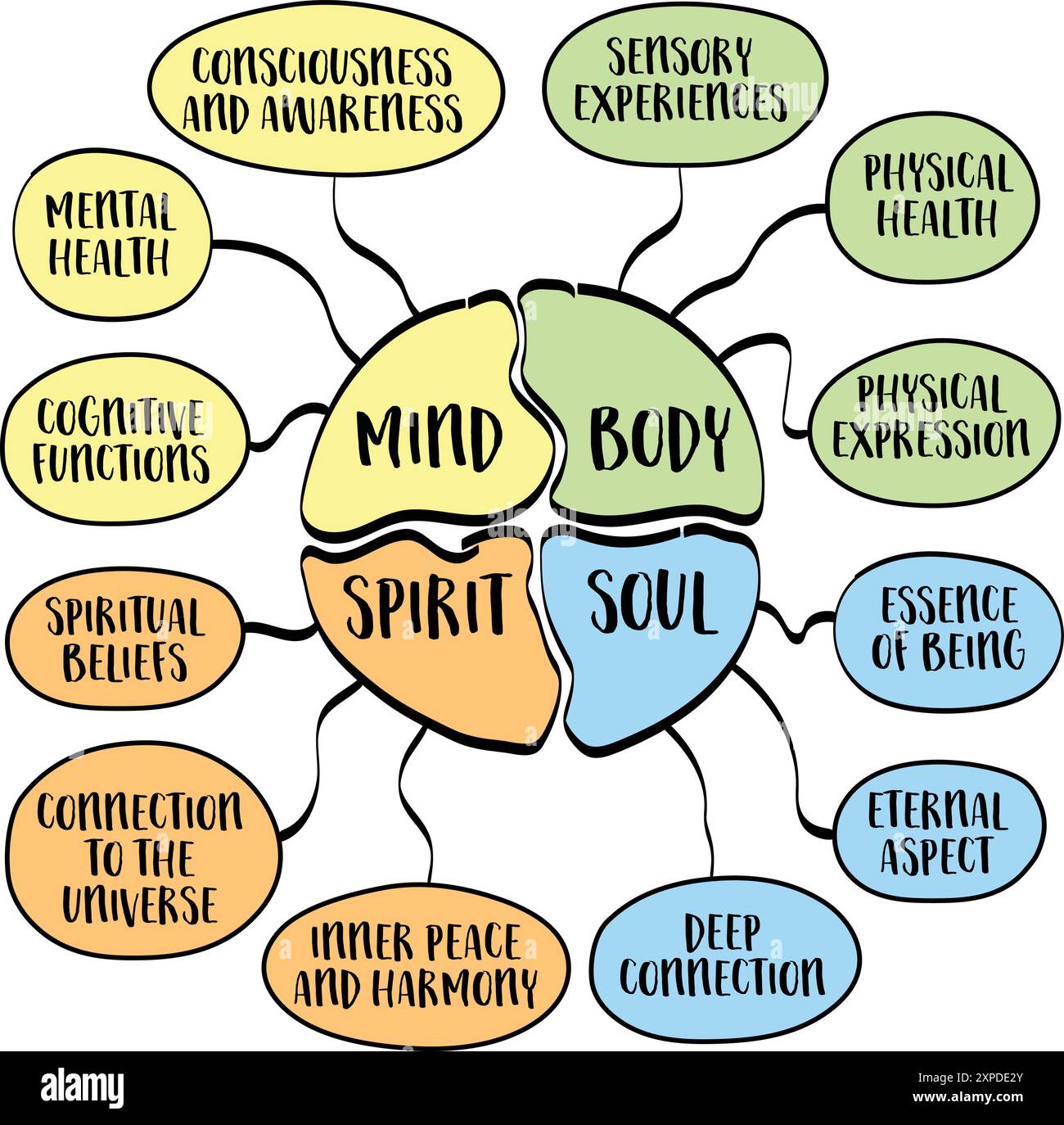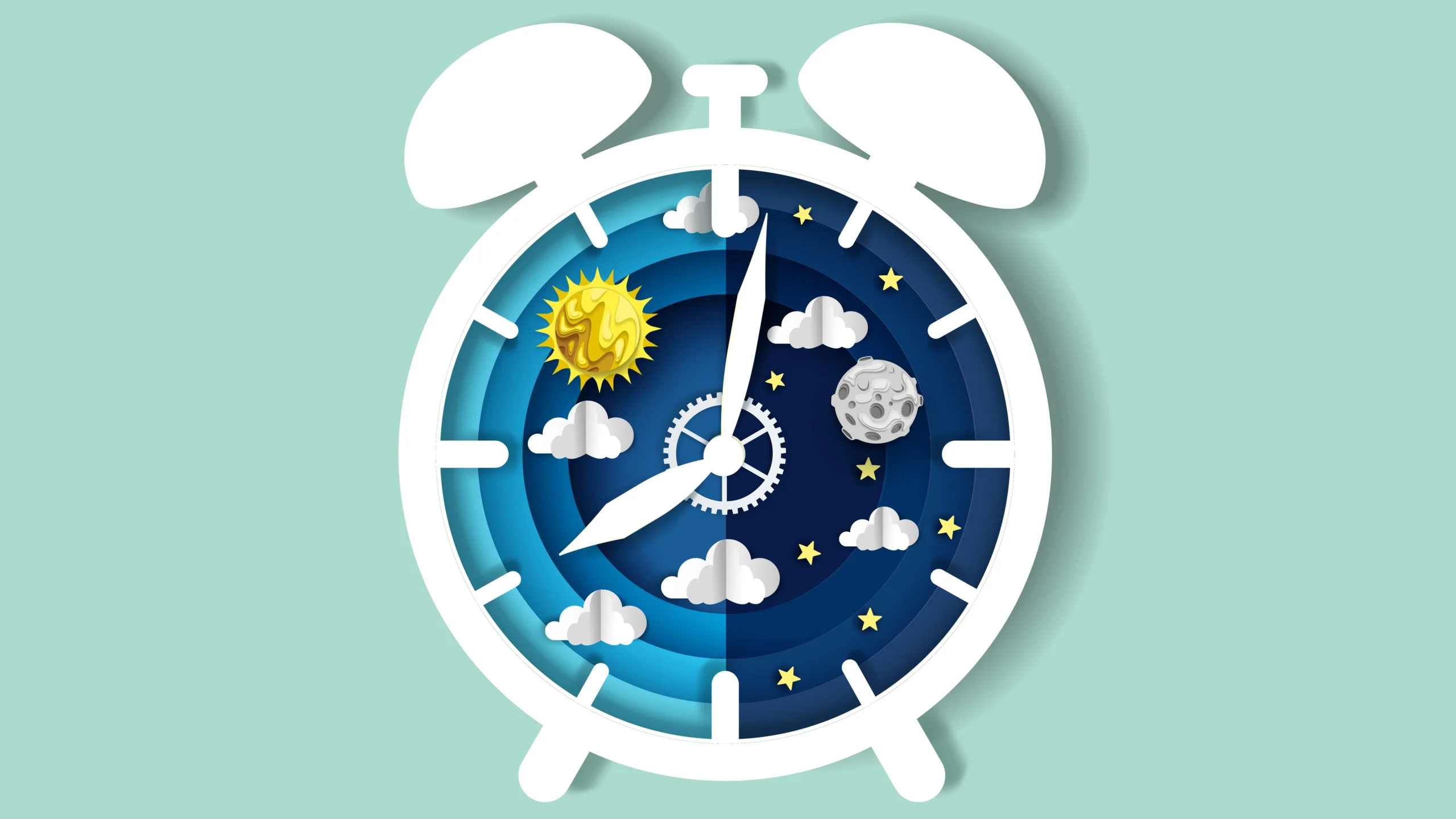Mind, Body, Spirit: Your Holistic Wellness Journey

Holistic Health & Wellbeing: A Journey to Complete Wellness
The term “holistic health” is buzzing around a lot these days, but what does it really *mean*? It’s more than just a trendy phrase; it represents a profound shift in how we approach wellness – moving away from treating symptoms and towards nurturing the entire person. This post will delve deep into holistic health & wellbeing, exploring its core principles, practical applications, and why it’s gaining traction as people seek a more complete and sustainable path to feeling their best.
What is Holistic Health?
At its heart, holistic health acknowledges that our well-being isn’t solely determined by physical health. It recognizes the interconnectedness of mind, body, and spirit – viewing them as inseparable components of a whole system. Think of it like this: if one piece is out of balance, the entire system suffers. Traditional Western medicine often focuses on addressing specific ailments with treatments (medications, surgery), which can be incredibly valuable in acute situations. However, holistic health takes a broader perspective, aiming to identify and address the root causes of imbalance, rather than just masking symptoms.
The term “holistic” originates from the Greek word “holos,” meaning whole. A holistic approach aims for complete wellness – encompassing physical, mental, emotional, social, and spiritual aspects. It emphasizes preventative care and empowering individuals to take responsibility for their own health journey.
The Three Pillars: Mind, Body & Spirit
Let’s break down these pillars in more detail:
Mind: Mental & Emotional Wellbeing
Our mental and emotional states have a *massive* impact on our physical health. Chronic stress, anxiety, depression, and negative self-talk can wreak havoc on our bodies, contributing to issues like high blood pressure, weakened immune systems, and even chronic pain. Holistic approaches to mind wellness include:

- Mindfulness & Meditation: Practicing mindfulness allows you to become aware of your thoughts and feelings without judgment, reducing stress and improving emotional regulation.
- Cognitive Behavioral Therapy (CBT): CBT helps identify and change negative thought patterns and behaviors.
- Journaling: Expressing your emotions through writing can be incredibly therapeutic.
- Creative Expression: Engaging in activities like painting, music, or dance can provide an outlet for emotional release and foster a sense of well-being.
- Positive Affirmations: Regularly repeating positive statements can help shift your mindset and build self-esteem.
Body: Physical Health & Vitality
This pillar focuses on the tangible aspects of our health – nutrition, exercise, sleep, and overall physical function. A holistic approach to body wellness emphasizes:
- Nutritious Diet: Eating whole, unprocessed foods that nourish your body is fundamental. This includes plenty of fruits, vegetables, lean protein, and healthy fats.
- Regular Exercise: Finding activities you enjoy – whether it’s yoga, dancing, hiking or weight training – is crucial for physical strength, cardiovascular health, and mood improvement.
- Adequate Sleep: Prioritizing sleep allows your body to repair and rejuvenate itself. Aim for 7-9 hours of quality sleep each night.
- Hydration: Staying properly hydrated is essential for numerous bodily functions.
- Detoxification: Supporting the body’s natural detoxification processes through diet, hydration, and practices like dry brushing can contribute to overall health.
Spirit: Connection & Purpose
This pillar often gets overlooked but is incredibly vital for holistic wellbeing. It’s about finding meaning and purpose in life, connecting with something larger than yourself – whether it’s through spirituality, nature, community, or creative pursuits.
- Connecting with Nature: Spending time outdoors has been shown to reduce stress and improve mood.
- Spiritual Practices: This could involve religious practices, meditation, prayer, or simply connecting with your inner self.
- Community Involvement: Volunteering or participating in community activities fosters a sense of belonging and purpose.
- Cultivating Gratitude: Regularly acknowledging the good things in your life can shift your perspective and boost happiness.
- Pursuing Passions: Engaging in activities you love brings joy and fulfillment, contributing to a sense of purpose.
Integrating Holistic Practices into Your Life
You don’t need to overhaul your entire lifestyle overnight to embrace holistic health. Start small and gradually incorporate practices that resonate with you.
- Identify Areas for Improvement: Reflect on which pillar(s) feel most out of balance in your life.
- Set Realistic Goals: Begin with one or two achievable goals related to the areas you’ve identified. For example, “I will meditate for 10 minutes each morning” or “I’ll add a serving of vegetables to every meal.”
- Listen to Your Body: Pay attention to how different practices make you feel. Adjust as needed.
- Seek Professional Guidance: Consider consulting with professionals like holistic nutritionists, therapists, yoga instructors, or meditation teachers for personalized support.
Holistic Therapies: Expanding the Toolkit
Beyond lifestyle changes, various therapies fall under the umbrella of holistic health. These often complement conventional medical treatments:
- Acupuncture: Stimulating specific points on the body to balance energy flow (Qi).
- Massage Therapy: Relieving muscle tension and promoting relaxation.
- Herbal Medicine: Using plants for their therapeutic properties. (Always consult with a healthcare professional before using herbal remedies, as they can interact with medications.)
- Yoga & Tai Chi: Combining physical postures, breathing techniques, and meditation to improve flexibility, strength, and balance.
- Reiki: A form of energy healing that promotes relaxation and well-being.
The Benefits of a Holistic Approach
Adopting a holistic approach to health offers numerous benefits:
- Improved Overall Wellbeing: Enhanced physical, mental, emotional, and spiritual health.
- Stress Reduction: Effective stress management techniques lead to greater resilience.
- Increased Energy Levels: Proper nutrition, sleep, and exercise can boost energy levels significantly.
- Disease Prevention: Proactive lifestyle choices reduce the risk of chronic diseases.
- Greater Self-Awareness: A deeper understanding of your body and mind empowers you to make informed health decisions.
Conclusion
Holistic health & wellbeing isn’t a quick fix; it’s an ongoing journey of self-discovery and mindful living. By addressing the interconnectedness of our mind, body, and spirit, we can cultivate lasting wellness and experience a richer, more fulfilling life. It is about creating harmony within ourselves and with the world around us.



